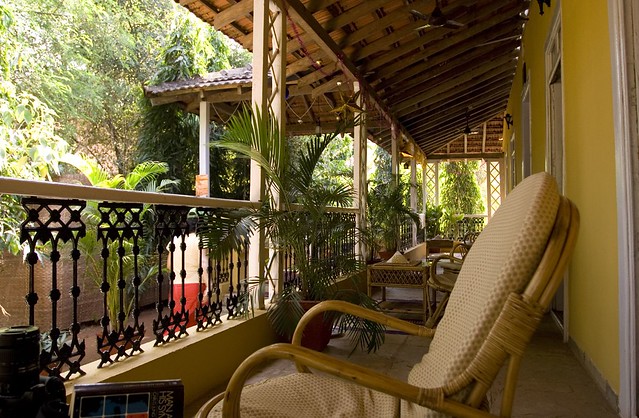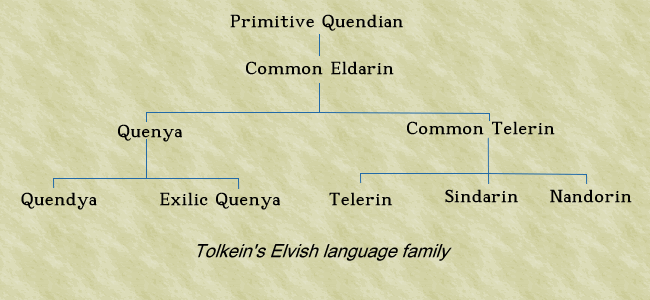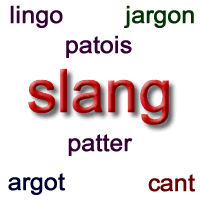Podcast: Play in new window | Download
In this episode we discover the possible Celtic roots of words such as tan, tannin and Tannenbaum.
The Proto-Celtic word *tannos means green oak, and comes from Proto-Indo-European *(s)dʰnwos/*(s)dʰonu (fir).
Related words in the Celtic languages include:
- tinne = the letter t in the Ogham alphabet (ᚈ) in Irish
- tinne [tʲenə] = the letter t (ᚈ) in Ogham; gorse, whin, furze (archaic) in Scottish Gaelic
- taneru = to tan (hide) in Welsh
- glastanen gelyn = holm oak in Cornish
- tann = sessile oaks in Breton
For more about words for oak and related things, see the Celtiadur post: Oak (trees)
Words from the same Proto-Celtic roots, via Gaulish *tannos (oak) and Latin tannum (oak bark), include tan (pulped oak bark used in the tanning process of leather) in French, tano (stem, slip) in Galician, tanería (tannery) in Spanish, Tannenbaum (fir tree, Christmas tree) in German, θάμνος (thámnos – bush) in Greek, and tan, tannery, tannin (tannic acid) in English.
Words from the same PIE roots include thanë (cranberry bush) in Albanian, and धनु (dhanu – bow, Sagittarius) in Sanskrit. [source].
Radio Omniglot podcasts are brought to you in association with Blubrry Podcast Hosting, a great place to host your podcasts. Get your first month free with the promo code omniglot.






